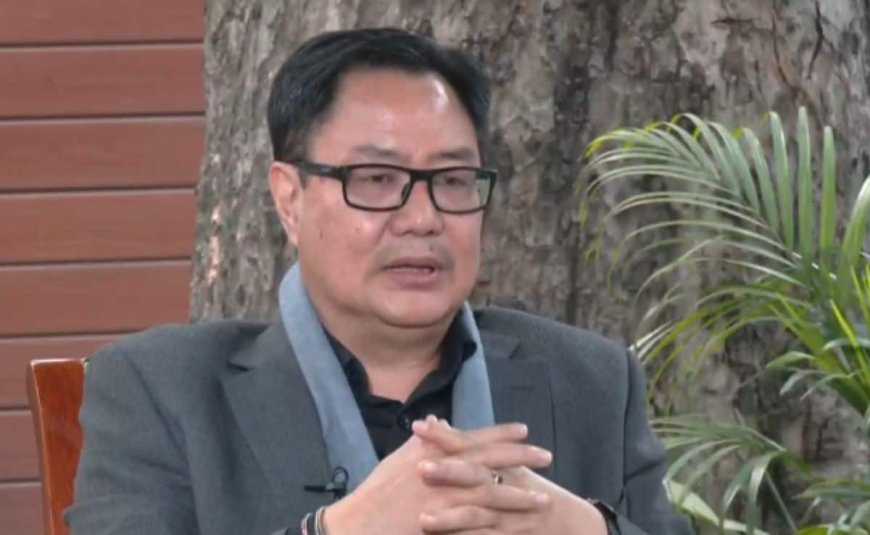Minority Affairs Ministry Isn't Just For Muslims, Says Kiren Rijiju
Union Minority Affairs Minister Kiren Rijiju has defended his role as Chairman of the Central Waqf Council and stated that the Ministry of Minority Affairs is not exclusive to Muslims but represents all six officially recognised minority communities

Minority Affairs Ministry Isn't Just For Muslims, Says Kiren Rijiju
In a recent statement, Kiren Rijiju, the Union Minister of Law and Justice, highlighted the inclusive nature of the Minority Affairs Ministry in India. He emphasized that the ministry is committed to serving all religious and ethnic minorities across the nation, not just Muslims. This announcement comes amidst ongoing discussions about the allocation of resources and attention to various minority communities in the country.
Understanding the Role of the Minority Affairs Ministry
The Minority Affairs Ministry was established to promote the welfare of minorities in India, which include Sikhs, Christians, Buddhists, Zoroastrians, and Jains, alongside Muslims. Kiren Rijiju articulated that while Muslims are a significant demographic among the minorities, the ministry's focus extends to all groups facing social and economic challenges. He stated that the government is working diligently to ensure that every minority community receives adequate support and representation.
Recent Initiatives and Outreach
Under the current administration, various programs and policies have been implemented aimed at uplifting minority communities. This includes scholarships for students, financial support for entrepreneurs, and initiatives aimed at improving access to education and healthcare. Rijiju noted that it's essential to foster harmony and understanding among all communities, helping them to coexist and prosper together.
Addressing Misconceptions
Rijiju's remarks serve to address misconceptions about the Minority Affairs Ministry solely focusing on the Muslim population. He reaffirmed the government's commitment to inclusivity and the importance of recognizing the diverse makeup of India's minorities. “It's vital for everyone to understand that our approach must be holistic, ensuring that no community is left behind in our development agenda,” he said.
Future Perspectives
As the country moves forward, the ministry aims to strengthen its frameworks to encompass a broader range of minority interests. This includes better outreach programs and policies tailored to specific needs of different communities. The discussions initiated by Rijiju are expected to pave the way for more inclusive governance and development strategies.
In conclusion, Kiren Rijiju's clarion call to see the Minority Affairs Ministry as an umbrella for all minorities is a step towards fostering a more equitable society. Engaging all communities will not only harness their potential but also contribute to a more harmonious national fabric.
For more updates, visit dharmyuddh.com Keywords: Minority Affairs Ministry, Kiren Rijiju statements, Minority government policies, Inclusivity in minority affairs, Indian minorities welfare, Minority communities support, Indian government initiatives for minorities, Holistic approach to minority issues, Unity among Indian communities, Economic development for minorities.







